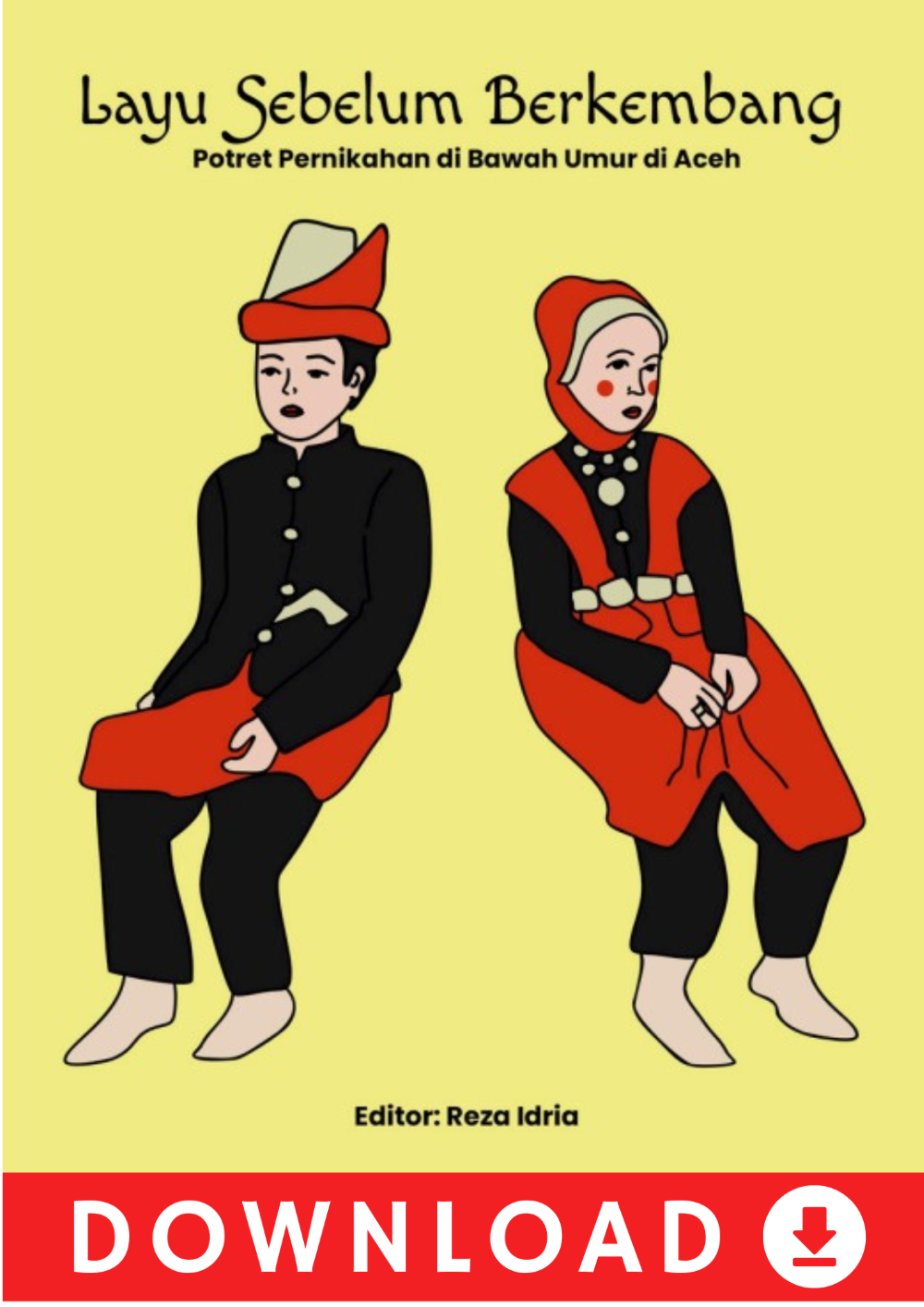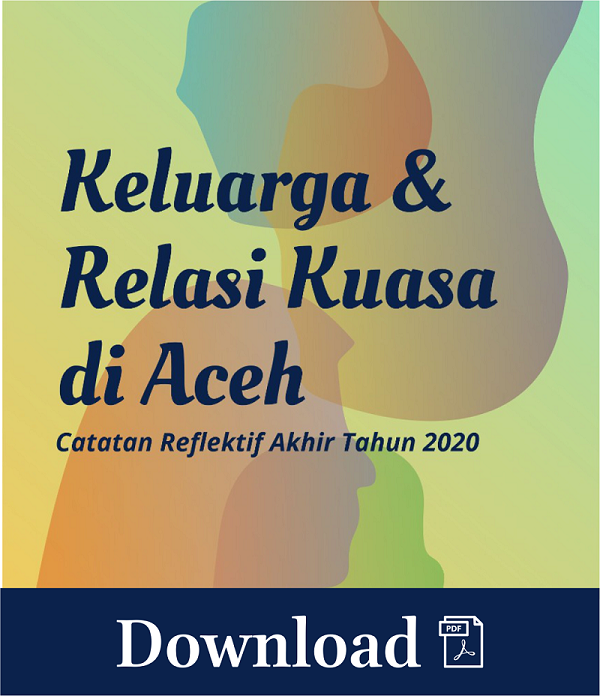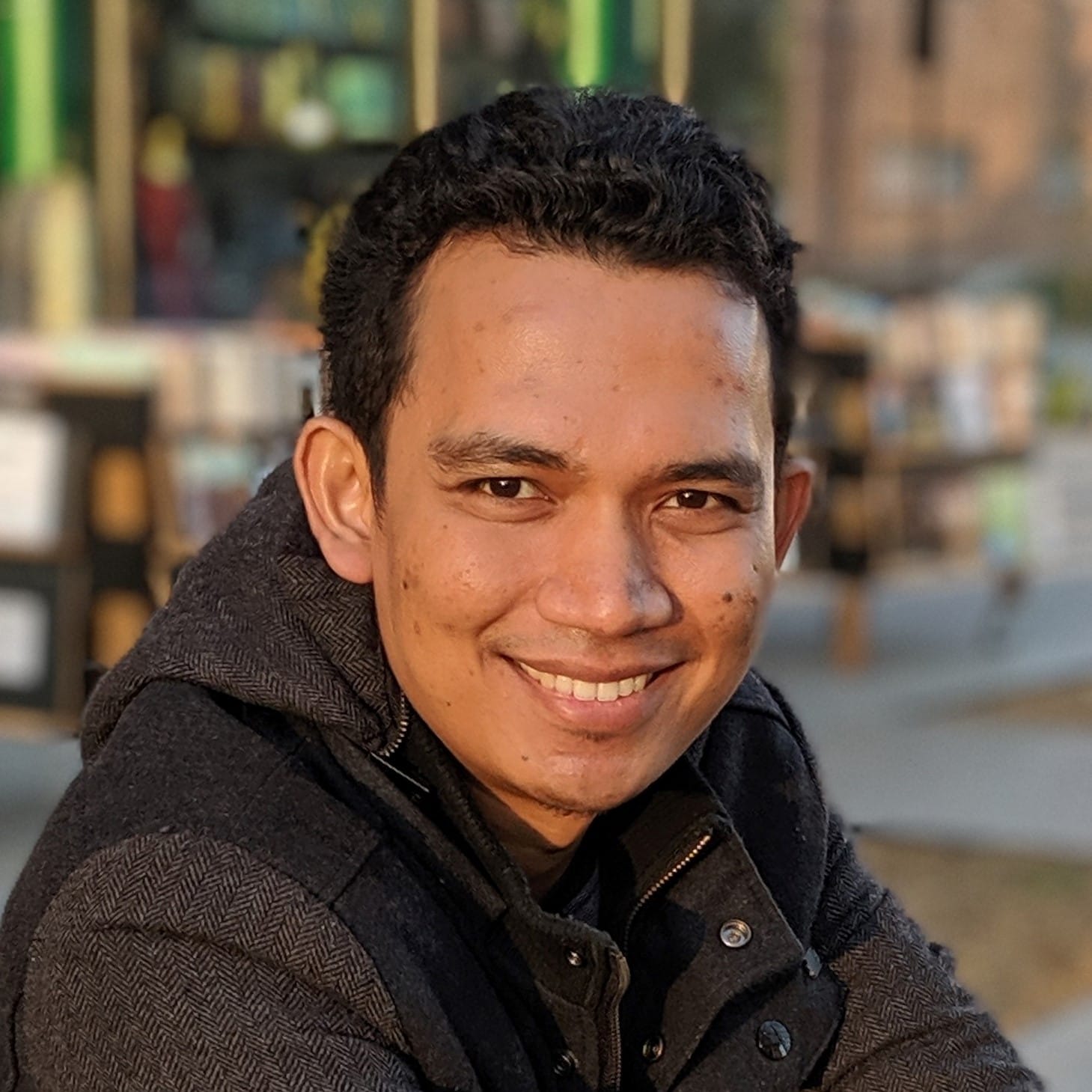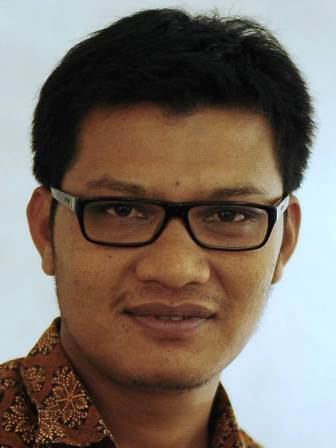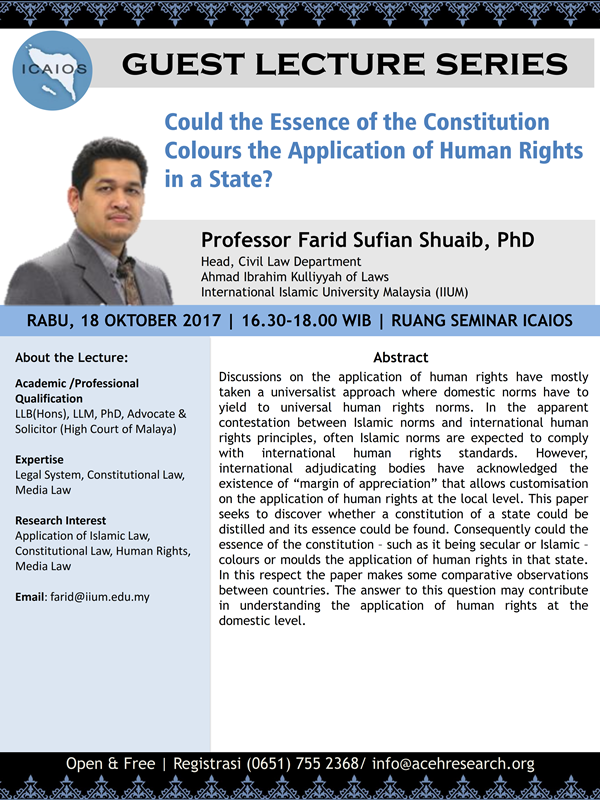
Guest Lecture Series
Could the Essence of the Constitution Colours the Application of Human Rights in a State?
Speaker:
prof. Farid Sufian Shuaib, PhD
Head of Civil Law Department
Ahmad Ibrahim Kulliyyah of Laws
International Islamic University Malaysia (IIUM)
| Wednesday, 18 October 2017 | 16.30 - 18.00 WIB |
| Ruang Prof. Anthony Reid, ICAIOS |
| Ruang Prof. Anthony Reid, ICAIOS |
About GLS:
Discussions on the application of human rights have mostly taken a universalist approach where domestic norms have to yield to universal human rights norms. In the apparent contestation between Islamic norms and international human rights principles, often Islamic norms are expected to comply with international human rights standards. However, international adjudicating bodies have acknowledged the existence of “margin of appreciation” that allows customisation on the application of human rights at the local level. This paper seeks to discover whether a constitution of a state could be distilled and its essence could be found. Consequently could the essence of the constitution – such as it being secular or Islamic – colours or moulds the application of human rights in that state. In this respect the paper makes some comparative observations between countries. The answer to this question may contribute in understanding the application of human rights at the domestic level.
Discussions on the application of human rights have mostly taken a universalist approach where domestic norms have to yield to universal human rights norms. In the apparent contestation between Islamic norms and international human rights principles, often Islamic norms are expected to comply with international human rights standards. However, international adjudicating bodies have acknowledged the existence of “margin of appreciation” that allows customisation on the application of human rights at the local level. This paper seeks to discover whether a constitution of a state could be distilled and its essence could be found. Consequently could the essence of the constitution – such as it being secular or Islamic – colours or moulds the application of human rights in that state. In this respect the paper makes some comparative observations between countries. The answer to this question may contribute in understanding the application of human rights at the domestic level.


